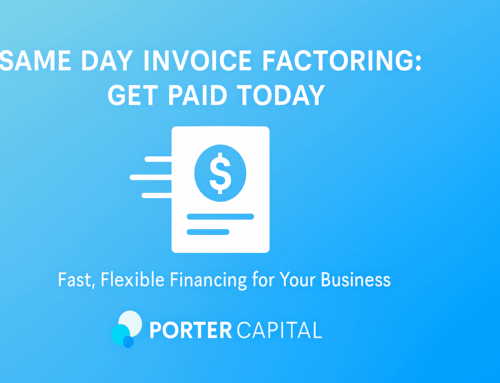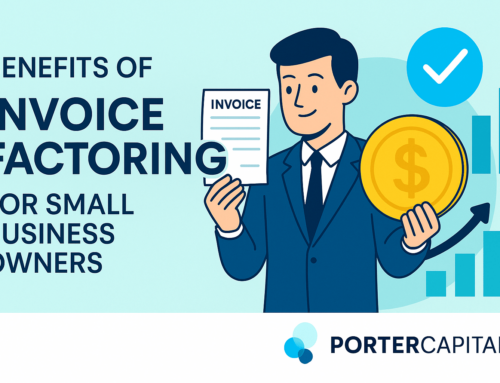Understanding the Basics
Business credit is a financial tool that allows companies to borrow money for purchases or operating expenses. Unlike personal credit, which is tied to an individual, this credit is linked to a company’s EIN (Employer Identification Number) and Dun & Bradstreet number. This separation of personal and business finances is fundamental for protecting personal assets in case of business difficulties.
Building business credit is essential for establishing a firm financial foundation for your company. By separating personal and business credit, you not only shield your personal finances but also create opportunities for your business to access financing and resources independently. Understanding the basics is the first step towards harnessing its power to propel your company’s growth and stability.
When navigating solutions, it’s important to keep in mind that establishing a strong credit profile for your company can open doors to better interest rates, higher credit limits, and improved vendor relationships. In essence, having solid business credit can be a game-changer for your company’s financial health and future prospects. Therefore, investing time and effort into comprehending the nuances is a worthwhile endeavor.
Building a robust credit profile is not just about securing financing; it’s about setting a solid foundation for your company’s long-term success. In short, it can be a game-changer for your company’s growth and stability.
The Importance of Building Business Credit
The importance extends far beyond just accessing loans or credit cards. It is a reflection of your company’s financial responsibility and stability in the eyes of lenders, suppliers, and potential partners. Strong credit can signal trustworthiness and reliability, laying the groundwork for fruitful business relationships.
Moreover, checking your business credit regularly and building a positive history can pave the way for favorable terms on financing options, potentially saving your company significant amounts of money in the long run. Whether you are seeking to expand your operations, invest in new equipment, or simply manage cash flow efficiently, a good credit score can be a valuable asset.
Exploring Different Types of Solutions
As the business credit landscape evolves, business owners have a multitude of credit solutions at their disposal. From traditional bank loans to vendor credit and business credit cards, the options are diverse and tailored to different business needs. Understanding the nuances of each type of solution is essential for selecting the most suitable financing option for your company’s unique requirements.
Vendor credit, for instance, allows businesses to make purchases on credit from suppliers, often with favorable terms. This form of credit can help manage cash flow effectively, providing flexibility in payment schedules. On the other hand, business credit cards offer convenience and perks such as rewards programs and expense tracking tools, making them a popular choice for small business owners. Exploring the variety of credit solutions empowers entrepreneurs to make informed decisions that align with their financial goals.
In the realm of credit solutions, it’s crucial to match the type of credit to your company’s needs and financial situation. While some businesses may benefit from a line of credit for ongoing expenses, others might find equipment financing more suitable for capital investments. By exploring the different types of credit solutions available, business owners can tailor their financing strategies to support their company’s growth and operational requirements effectively.
Step-by-Step Guide to Establishing Business Credit
Embarking on the journey requires a systematic approach and attention to detail. The first step is to ensure that your company is properly registered and has a dedicated business address. This foundation sets the stage for separating personal and business finances, a crucial aspect. Next, obtaining an EIN and opening a business bank account are essential steps that establish your company as a distinct entity in the eyes of creditors.
Once the foundational steps are in place, it’s time to start building a credit history for your business. This involves applying for a business credit card or securing vendor credit accounts that report payment history to credit bureaus. Timely payments and responsible credit usage are key to demonstrating your company’s creditworthiness and reliability. As your profile grows, you can explore additional financing options that cater to your expanding business needs.
A step-by-step guide to is incomplete without emphasizing the importance of monitoring your credit profile regularly. By staying informed about your company’s credit score and history, you can identify and address any discrepancies or issues promptly.
Flexible Financing with Porter Capital
Boosting your business credit is essential for long-term growth, and invoice factoring can be a powerful tool in achieving this. By converting unpaid invoices into immediate cash, businesses can maintain steady cash flow and make timely payments to creditors and suppliers, positively impacting their credit score.
Since factoring isn’t a loan, it provides access to working capital without adding debt, helping businesses stay financially healthy. Additionally, invoice factoring and accounts receivable financing are largely based on the creditworthiness of your customers, rather than your own credit score. This makes it an attractive option for businesses with less-than-perfect credit, as lenders primarily assess the reliability of the customers who owe you payments.
Porter Capital offers flexible financing solutions for businesses in a multitude of industries. By using financing solutions, you can help ensure your business credit remains high. For more information or to request a free proposal, call us at 1-888-865-7678 or apply now.




